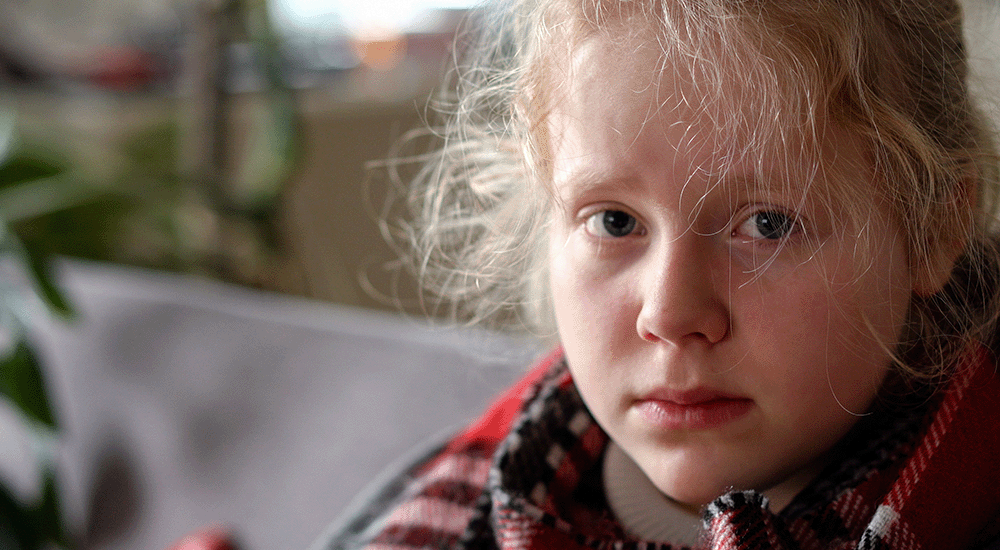A third have already struggled to afford their energy
- A new survey by fuel poverty charity National Energy Action and YouGov finds half (51%) of adults in Wales say they are likely to ration their energy use this winter.
- 31% have found it difficult to pay for their energy over the last year.
- Energy bills are set to rise by 10% on 1 October. National Energy Action’s figures show 6 million UK households will be in fuel poverty.
- 4% of adults in Wales have even rationed using essential medical equipment, while a quarter have had cold meals to avoid using the oven.
As energy bills are set to rise again, by 10%, tomorrow (Tuesday 1 October), a new survey by fuel poverty charity National Energy Action Cymru1 and YouGov2 has found half of adults in Wales (51%) say it is likely they will ration energy this winter – using less than they should for maintaining comfort and wellbeing. That compares with 46% in GB.
Almost a third (31%) of adults in Wales say they have found it difficult to pay for their energy in the last year, compared to 27% in GB as a whole. This rises to over half (51%) on a low income.
The charity also says that tomorrow’s (1 October) price cap increase leaves 6 million UK households in fuel poverty3. This comes days after Ofgem said energy debt has reached a record £3.7 billion4. A typical household5 will face an annual bill of £1,717, up from £1,568. Households in Wales face higher than average bills, with typical households in South Wales paying £1,753 and in North Wales, £1,764.
National Energy Action Head of Wales Ben Saltmarsh says, ‘The energy crisis has cut deep in Wales and its impact is not going away. Some households are resorting to drastic strategies like going without heating even when it’s cold, eating cold food and having cold showers. With around 200,000 households in Wales on prepayment meters, the impact for them is even more acute. Now with less support available and record levels of debt, vulnerable Welsh households are more in need than ever.’
The survey, of 1,059 adults in Wales also found even in the last three months, when energy costs are typically lower, they were making significant cutbacks:
- 48% of Welsh adults say they have turned off more lights than they wanted to (same as GB).
- 27% say they have had cold meals rather than use the oven (compared with 23% in GB).
- 42% say they have reduced their use of baths or showers (40% in GB).
- 29% say they haven’t run the washing machine when they needed to (25% in GB).
Four percent even reported reducing the use of essential medical equipment (such as oxygen and hoists).
Also, 8% say they have missed payments on other essential household bills (e.g. rent, mortgage, council tax), compared to 4% in GB.
A fifth (20%) say they have cut back on essential items or services, while 11% say they have borrowed from family or friends.
As well as bills rising, this comes as Winter Fuel Payment eligibility criteria are set to change, leaving many low-income and vulnerable pensioners in Wales without the £200 to £300 annual payment.
Notes to editors
- National Energy Action Cymru is part of National Energy Action (NEA), the national fuel poverty charity, working across England, Wales and Northern Ireland to improve the lives of people in fuel poverty. We directly support people with energy and income maximisation advice, and we advocate on issues such as the current energy crisis and the need to improve the energy efficiency of our homes. See: nea.org.uk/cymru
- All figures, unless otherwise stated, are from YouGov Plc. Total sample size was 1,059 adults. Fieldwork was undertaken between 9 – 13 September 2024. The survey was carried out online. The figures have been weighted and are representative of all GB adults (aged 18+).
- The definition of fuel poverty that National Energy Action uses is that a household is in fuel poverty if it needs to spend 10% or more of its income on energy in order to maintain a satisfactory heating regime.
- Ofgem confirmed on 26 September that energy debts are at record levels, with customers owing £3.7 billion. This means, alongside their usage for the winter, households will also be paying back large debts going into the winter. Ofgem calculates its price cap figure based on a typical house. But it is a cap per kWh, not on the total bill. If customers use more, they pay more. www.ofgem.gov.uk/publications/debt-and-arrears-indicators
- Two million vulnerable pensioners across the UK could miss out on support, according to Age UK. 880,000 eligible pensioners currently don’t claim pension credit and therefore miss out on Winter Fuel Payment.
If you would like to opt out of mailing from National Energy Action and National Energy Action Cymru, please email press@nea.org.uk


